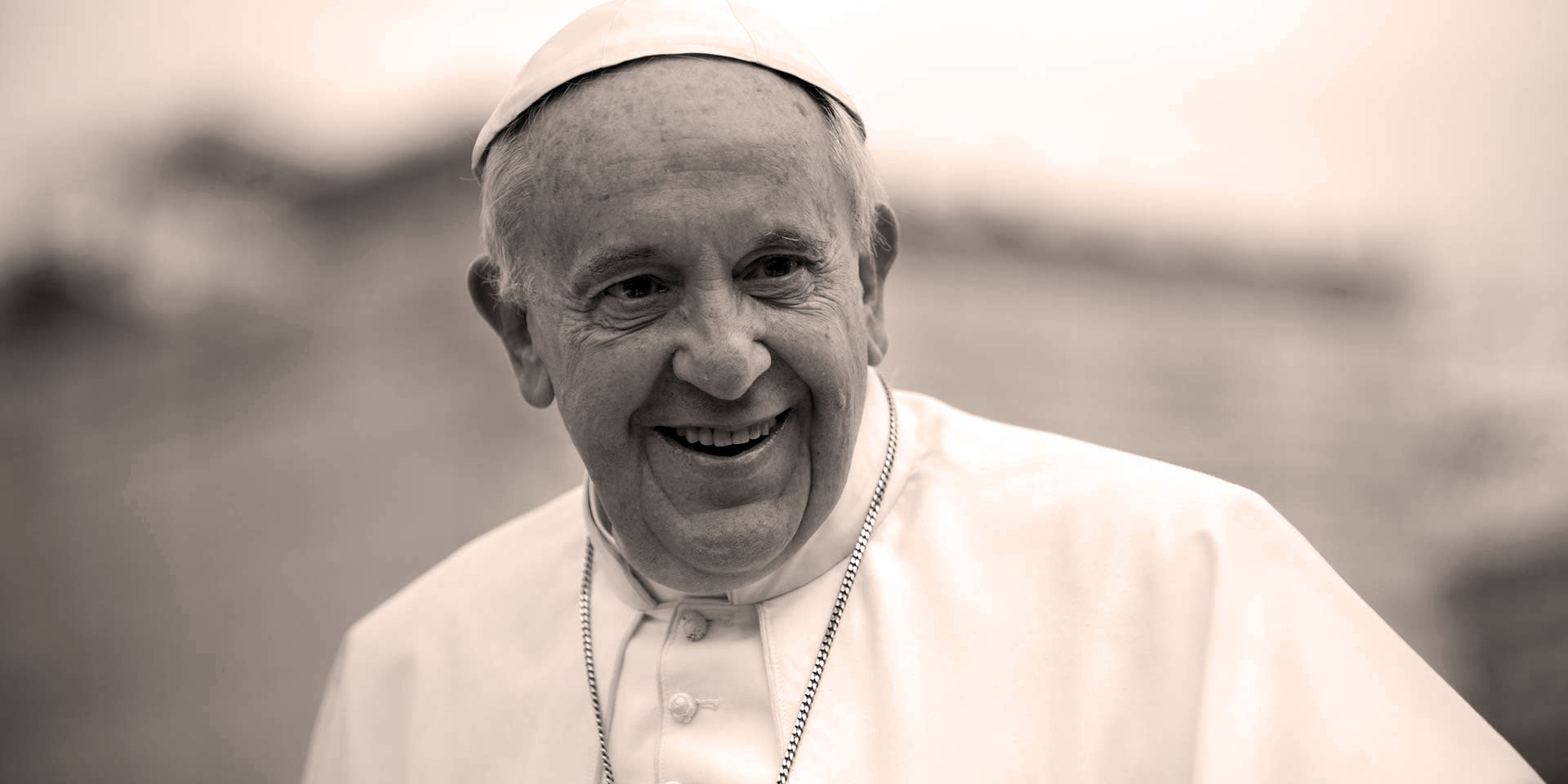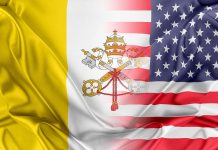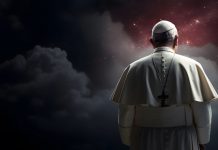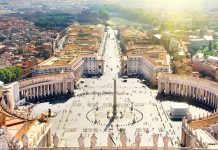“Christ is risen! These words capture the whole meaning of our existence, for we were not made for death but for life”. This was the message that Pope Francis gave to the faithful gathered in St Peter’s Square on Easter Sunday, just one day before his death. It was a message of hope, but also a summary that reflected familiar themes of his pontificate.
Francis was the first Pope from outside modern Europe, the first Latin American and the first Jesuit to be elected to the papacy. These biographical elements have influenced his style and priorities, marking his pontificate with a desire to maintain a balance between tradition and the sensitivities of the modern world. Pope Francis’ attempts to associate the Catholic Church with a discourse closer to social realities, while maintaining continuity with Catholic tradition, have brought him waves of global support, but also significant critical backlash.
A significant aspect of Pope Francis’ pontificate was his outreach to those considered ”peripheral” in the Church: people with disabilities, migrants, the poor, and minority groups. In his speeches and public actions, the Pope insisted on a faith that manifested itself through closeness, empathy, and responsibility towards the vulnerable. He promoted their inclusion not only through compassion, but also through concrete action—from their participation in Vatican events to support for just social policies.
This focus on inclusion was welcomed by many, but it also caused tensions, many even within the Catholic Church, especially in the US. (In fact, Francis was the first Pope to deliver an official address to the US Congress). Some of his positions were perceived as too open to controversial practices or identities, particularly in the context of discourse on LGBT people or interreligious relations. In this sense, Pope Francis often found himself in the position of balancing fidelity to Church teaching with what was seen as a pastoral approach to complex human realities.
Reform and resistance
Against this backdrop of polarisation within the Vatican and disagreement between conservative and progressive views, Pope Francis sought to implement sweeping institutional and moral reforms. He called for greater financial transparency and had taken steps to address the clergy sexual abuse crisis, a deep wound that continues to affect trust in the institution of the Church.
Nevertheless, the decline of the Catholic Church’s credibility in certain regions, including Latin America, remains visible. The fact that the Pope never visited Argentina, his native country, was interpreted by some analysts as symbolic of the difficulties of re-establishing an authentic dialogue with societies where Catholicism is losing ground.
Ecumenism and interreligious dialogue
In the ecumenical and interreligious arena, however, Pope Francis’ pontificate remains one of the most open in history. After taking office following the resignation of Pope Benedict XVI in 2013, Pope Francis identified himself as “Bishop of Rome”, a gesture intended to signal humility and openness toward other Christian denominations. He met with Orthodox and Protestant leaders to promote a culture of mutual respect and peace.
Francis was the first Pope to visit the Arabian Peninsula, and in 2019 he signed the “Document on Human Fraternity” with the Grand Imam of Al-Azhar, a joint appeal for tolerance and peaceful coexistence.
For some in the Christian community, these initiatives revived older concerns about the limits of interfaith cooperation. These concerns are not about the dialogue itself, but about the risk that, in the absence of clear boundaries, it may diminish the centrality of the Gospel message—namely that salvation is offered through Christ, not through a general agreement between religions. As with other criticisms of Pope Francis’ pontificate, fidelity to the essential content of the faith was at the heart of these reflections.
The environment
Reflections warning of the danger of confusing or diluting the Church’s spiritual mission with secular activism led some believers to reaffirm that social action is seen as an expression, not a substitute, for the Christian mission. In this context, the 2015 encyclical Laudato Si’ was generally well received in religious and cultural circles, as it was perceived as a clear signal that the spiritual dimension of life cannot ignore the suffering of creation. As a defining initiative of Pope Francis’ pontificate, the text proposed a reassessment of the relationship between humanity and nature, condemning the “culture of waste” and promoting an ethic of care for the environment. With this document, the Pope extended the Church’s moral concern to ecological and social dimensions, suggesting that the protection of creation is an integral part of faith.
Spiritual legacy
Given its complexity, the legacy of Pope Francis, despite the limited time and the harsh context in which it crystallised, cannot be summed up in a single expression. Pope Francis had a pontificate of bold initiatives, but also of unresolved tensions; of visible compassion, but also of theological anxiety for those who view faith through the lens of strict fidelity to Scripture.
For many Christians, what remains beyond the reservation agreement paradigm is an invitation to re-evaluate their own response to fundamental questions: What does it mean to truly serve one’s neighbour? How can we maintain a balance between love for people and fidelity to the Truth? Where is the boundary between compassion and compromise?
Tempting as quick, easy answers may be, they cannot be as reliable as answers that come from prayer, rigorous study of Scripture and a genuine willingness to listen and learn. In this sense, perhaps the greatest gain we could have in assessing what remains of Pope Francis’ pontificate is not cultural. The greatest gain would be a genuine commitment to the criteria by which we judge.



















